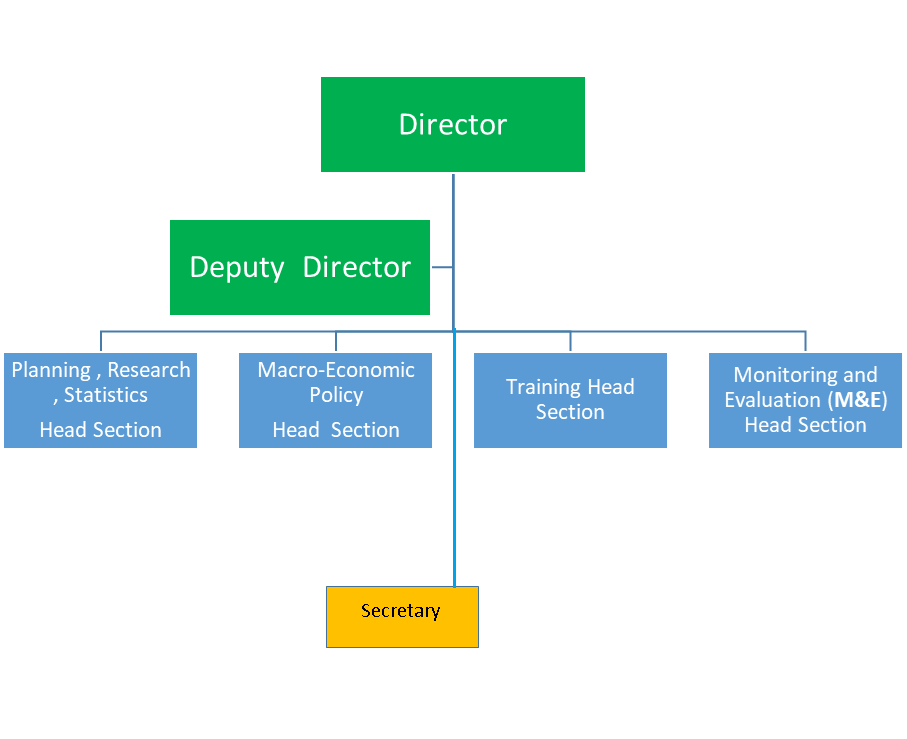Preparing technical policy, analysis plans and programs in terms of fiscal policy. Implementing analysis and providing recommendations in terms of fiscal policy. Collection of relevant statistical information: surveys, indicators, maintenance of a statistical database to support data analysis, and forecasting. Studying historical trends for the whole economy as well as analyzing the current macroeconomic and providing quantitative techniques to formula economic models. Macroeconomic Forecasting: National Product, per capita income etc. Analyze the revenue effects of different taxation and customs policies
Creating monitoring and evaluation processes to improve the efficiency and effectiveness of Macro economic and fiscal policies. Monitoring and evaluation of progress reports. Developing an effective framework for proactively monitoring the implementation of macroeconomic and fiscal policy initiatives. Preparing periodic reports relating to macro-economic performance of the economy for submission to rating agencies, multi-lateral institutions and international investors. Preparing of performance indicators.
Developing and implementing training programs that support employee’s career development and sustained progression in the organization and the civil service. Organize and facilitate training programs and courses (e.g IMPF, CIPFA). Hosting workshops for enhancing communication skills of ministry staff and other line ministries.
